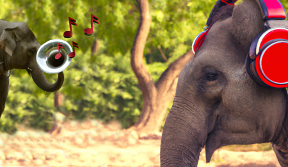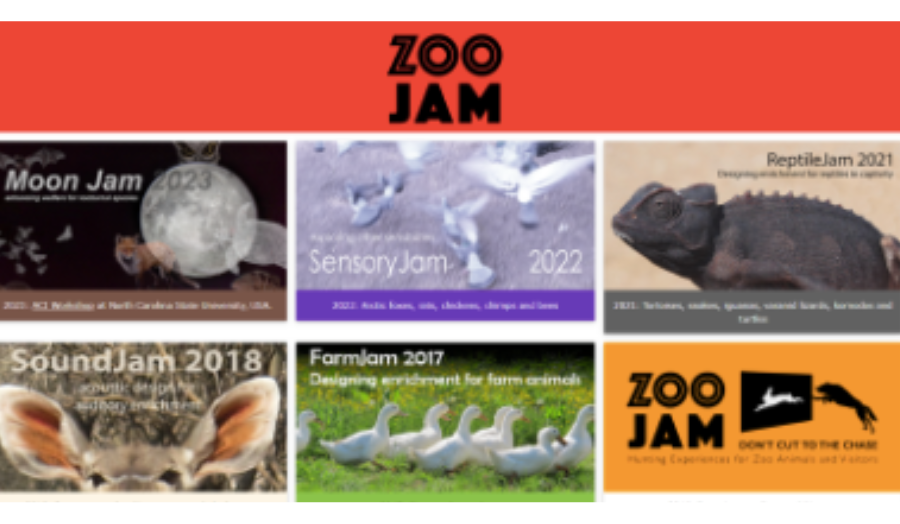This project involves designing, developing and testing a system that supports people with weakened facial muscles to do independent rehabilitation in their homes.

Image: 3D models of human faces with underlying muscle structure, by BSc GAME students Nathaniel Durant and Mateusz Jarzembinski.(BSc Games Animation, Modelling and Effects).
Project team
Academic Partners
Student Research Support
External Partners
More about the project
People living with Parkinson’s experience a number of symptoms, some more obvious than others. One symptom is gradually losing the ability to move their facial muscles (‘hypomimia’) resulting in a lack of expression (e.g., smiling or frowning). This can also impact speech and swallowing. Hypomimia affects not only the individual but also their family, friends and colleagues. Sometimes, people don’t realise they have hypomimia since muscle deterioration is slow and often undiagnosed, hence the number of people living with the condition is probably underestimated.
Therapies to rehabilitate facial muscles have received little attention since rehabilitation has focused on maintaining and improving limb and hand movements that are essential for daily activities.
Our proposed system involves a headset that uses VR to engage people in an interactive environment, where they are motivated to move and train specific facial muscles by interacting with what they see. It will be portable, so it can be used at home. Muscle movement will be recorded using sensors, and data may be stored so that progress can be assessed by the patient’s doctors.
The team have been working with a small focus group of People with Parkinson’s (PwP) over several years and published a proof-of-concept study with our Research Support students in Multimedia Technologies and Interaction Journal in 2022: Expressive Interaction Design Using Facial Muscles as Controllers.We have recently been awarded funding from Parkinson’s 'Grants for non-drug approaches’ to take this project forward.
- 2022 French, F., Terry, C.; Huq, S.; Furieri, I.; Jarzembinski, M.; Pauliukenas, S.; Morrison, N.; Shepherd, K. Expressive Interaction Design Using Facial Muscles as Controllers. Multimodal Technol. Interact. 2022, 6, 78. Open Access.



